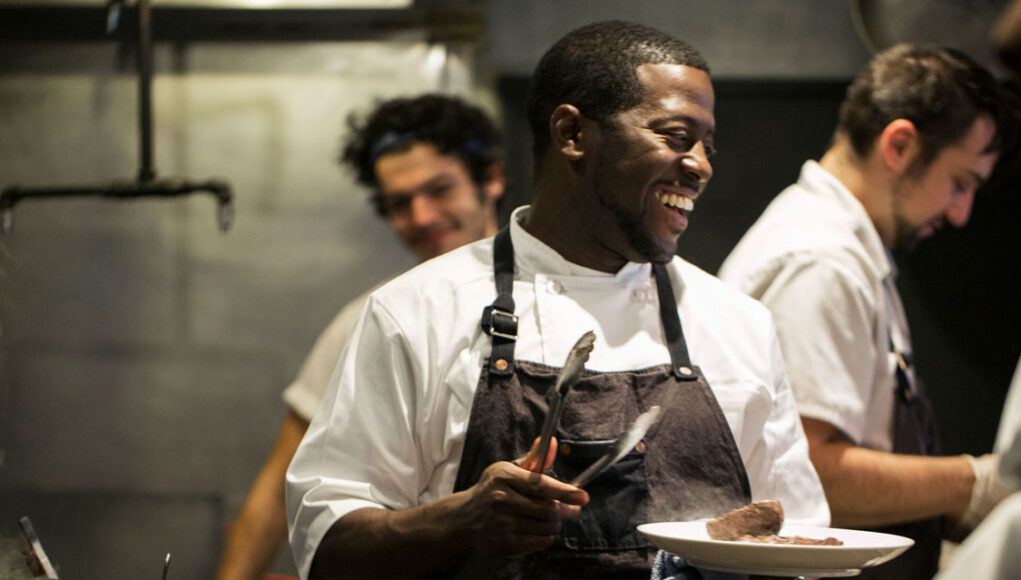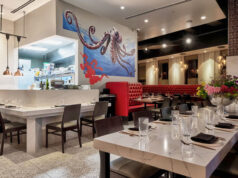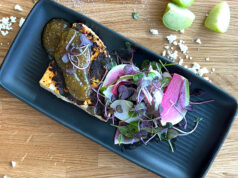EDOUARDO JORDAN is one of Seattle’s most celebrated chefs and a two-time James Beard Award Winner for Best Chef: Northwest and Best New Restaurant for JuneBaby. Originally from St. Petersburg, Florida, his journey to finding his authentic culinary voice brought him through New York, Napa and the world’s most heralded kitchens. However, it was Chef Jordan’s migration to Seattle, and the 15 subsequent years in the town he now calls home, that led him to and through entrepreneurship, and which deeply enriched his perspectives, humanity and culinary gifts.
In your 15 years here in Seattle, how have you seen the city change?
There’s been a lot of growth and change here. At one point in time there was 4, 5 chefs that ran the most popular restaurants. What’s changed is that there’s been a lot of opportunity for new faces in the industry to find footing and find their place, bringing diversity, culture, as well as something unique and something different to the equation.
Can you speak to your own diversity and how you’re expressing it through your menus?
I’m an African-American chef. There’s not a lot of us in the limelight in our industry. And, you know, it’s been a long journey to get where I am. It’s been some challenges, some ups and downs, some rewards and recognition. And it’s come through due to all the work and dedication to the industry.
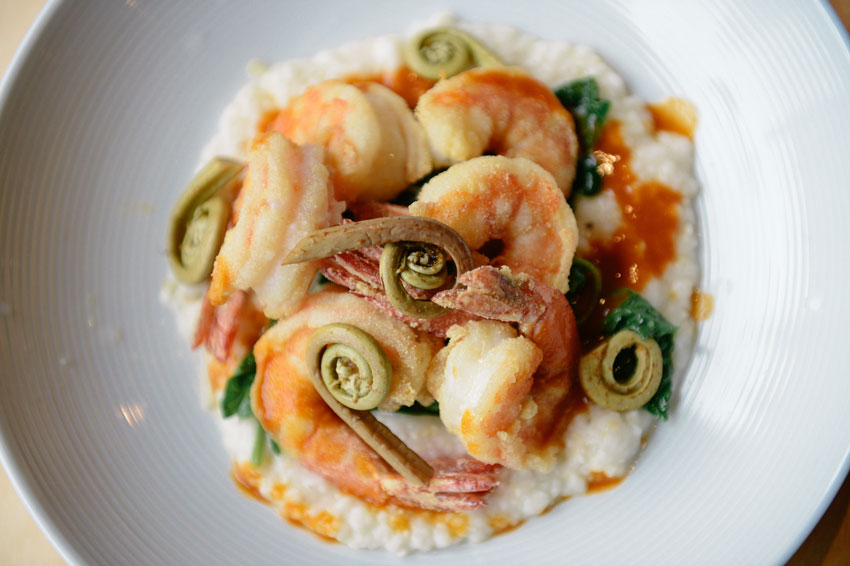
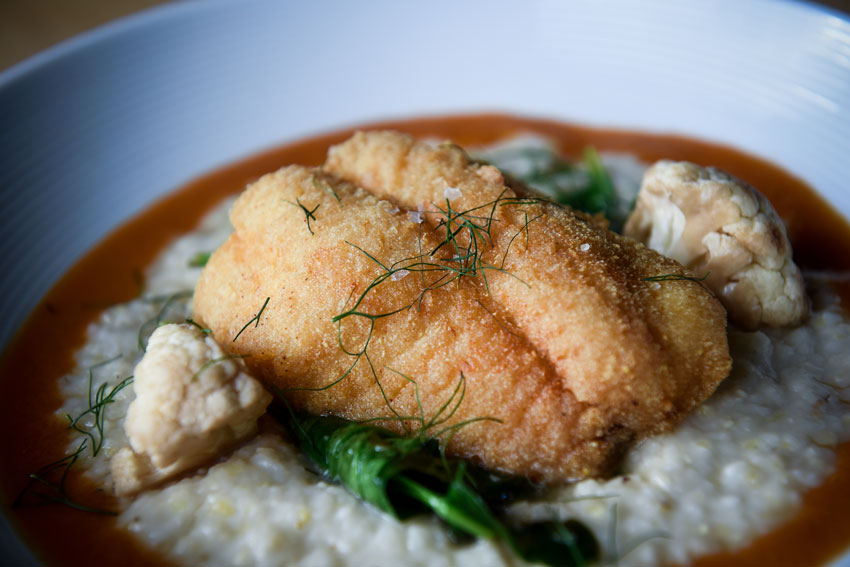
As a person of color, it’s always important to find your footing, your voice, and I’ve think I’ve done that. Now, I get to tell my story of my food, which I wasn’t able to do in other restaurants that I worked in. There was no southern entities in the restaurants where I worked. I don’t take it for granted the fact that I worked in highly regarded French and the best Italian restaurants in the country, but there weren’t a lot of restaurants cooking my food that were available to me to express my interests or to seek out employment.So now as an African American chef, as an African American owner, I get to share my voice and history through my food.
As a person of color, it’s always important to find your footing, your voice; and I think I’ve done that.
Now, I get to tell my story of my food.
You mentioned challenges. Can you speak to both the challenges you’ve overcome and to the challenges of this last year?
The first challenge that I faced as a person of color in this industry was that there weren’t any people that looked like me to help get through some of the obstacles and hurdles that I’ve had. It feels a lot better when you can relate to people and get comfort and say, “Hey this is part of the journey. You will go through these things. Pick your head up, or put your head down and grind through it.” I didn’t have a lot of folks and I definitely didn’t have anyone near and dear to me that I could call upon and say, “Hey, you know, you can get through this.”
With that said, when I went about trying to open up my own restaurant, the next hurdle came about, the hurdle of finding funding to open up my own place, just digging around trying to figure out how the heck I’m going to be able to do this. I got turned down a lot by a lot of banks, I didn’t have the resources. I didn’t have the savings. And my family didn’t have the resources to say, ‘Here you go. We can do this”.
The next obstacle that never ends is the continual hurdles of owning your own business, entrepreneurship, and having resources available. I had to build a network. I had to go outside of my circle. I had to create new circles. And then the pandemic definitely threw a curve ball as my businesses were growing and my trajectory was rising or pointing in a particular direction. Covid changed the framework of how I need to look at my businesses, how they will be ran, the next iteration of my businesses and how they can survive post-pandemic.

Not only were my restaurants struggling due to COVID, but the racial injustices that are at the forefront are a significant weight to bear. As an African American, facing racial injustice isn’t something that is trendy or that disappears for me or other people of color–it is constant. To suddenly become a spokesperson for my entire culture was an added weight. Like other restaurant owners of color, we are trying to survive in an already tough industry through a pandemic, and I became one of the go-to people to discuss culture and diversity. I’m happy to have conversations about current issues, but I certainly do not speak for all people of color. I’m more than just a Black man, I’m an industry leader, an advocate, a Chef, a business owner, and a dad. I’m more than what is pigeonholed of me and other people of color – it’s a heavy weight to put on anyone’s shoulders.








